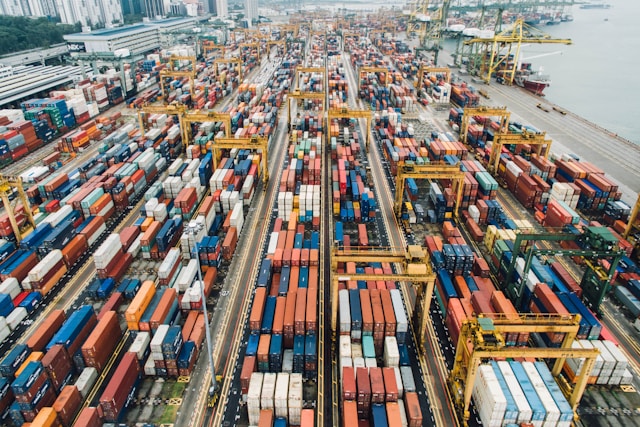By Beth Robson / Art for Culture Change
I love the cover of the New York Times Magazine, by Pablo Delcan, for this week’s big story, “The Problem with Putting a Price on the End of the World.”
The article discusses the challenge with pricing carbon emissions properly so that we use less fossil fuels: because fossil fuels are so fundamental to every aspect of how we live in this modern culture, to price emissions higher means bringing a world of hurt to people who just want to be able to afford a home, or to commute to work, or put the next meal on the table.
The basic problem with pricing carbon as a solution to climate change is not, as the article states (and most people like to claim), that it is a “market failure”.
The problem is that pricing carbon doesn’t address the underlying issue: that our modern culture is inherently unsustainable, no matter how much we pay for the energy to run it.
The article argues that pricing carbon leads to a sluggish economy, which is bad.
No, what’s bad is the economy, period. Our modern economy is based on continual growth. We can’t “fix” the economy; we have to abolish it. Eliminate it. And to do that we need a vision of what is to replace it (and no, not “clean energy”!!) — because without a vision, people just get angry when they can no longer afford the necessities of life.
Unfortunately but unsurprisingly, this article pins hopes for the future on “clean” energy (something that doesn’t actually exist), and a growth economy based on renewables, within the framing of shifting away from fossil fuels not because carbon is expensive, but because renewables are a better, cheaper option, cause less pollution and less carbon, and will create jobs (i.e., basically the same argument as The Green New Deal). This approach simply changes the energy source that runs our unsustainable economy; it doesn’t change the underlying problem: the economy and the way we live our lives because of that economy.
The real problem of putting a price on the world (whether that’s carbon, or “ecosystem services”) is that it turns everything in the world into a commodity, into something that can be calculated into our growth economy. And it is our economy: our consumer-based, capitalist, infinitely growing economy that is killing the planet. It doesn’t matter how you power that economy—with so-called “clean” energy or fossil fuels.
As long as we have growth—more people, buying more stuff, building more roads, houses, cars—we are in trouble.
As long as we think of nature as property—as something that can be bought and sold on the market, rather than as something we are, that we must prioritize above all else, because without nature, we do not exist—we will never succeed in solving the existential crisis in which we find ourselves today.
Pablo Delcan’s cover for the magazine is a good reminder that we cannot sell planet Earth and expect to survive. We have already sold most of the planet as “property”, and once we think of nature as property, then we use it and destroy it for profit.
Our only way forward is to see nature as intrinsically valuable for its own sake, and to remember that we are not consumers, that money is just a figment of our imagination, and that the real world, the physical world, filled with intact and flourishing ecosystems, is the only thing that matters.
Photo by CHUTTERSNAP on Unsplash
